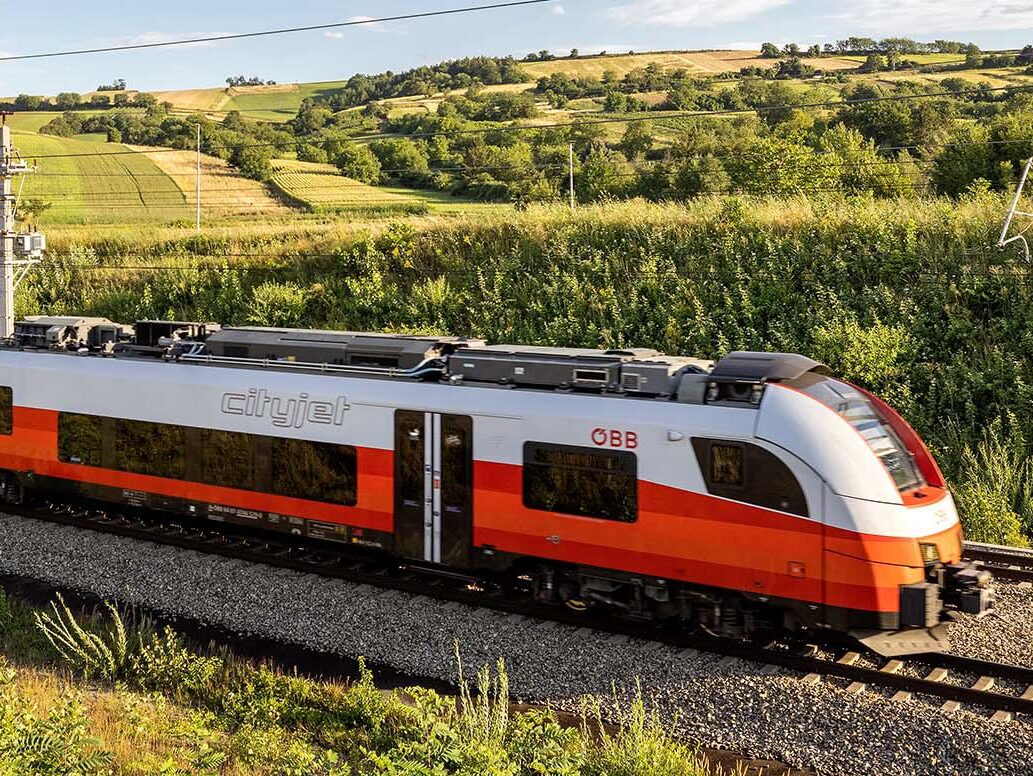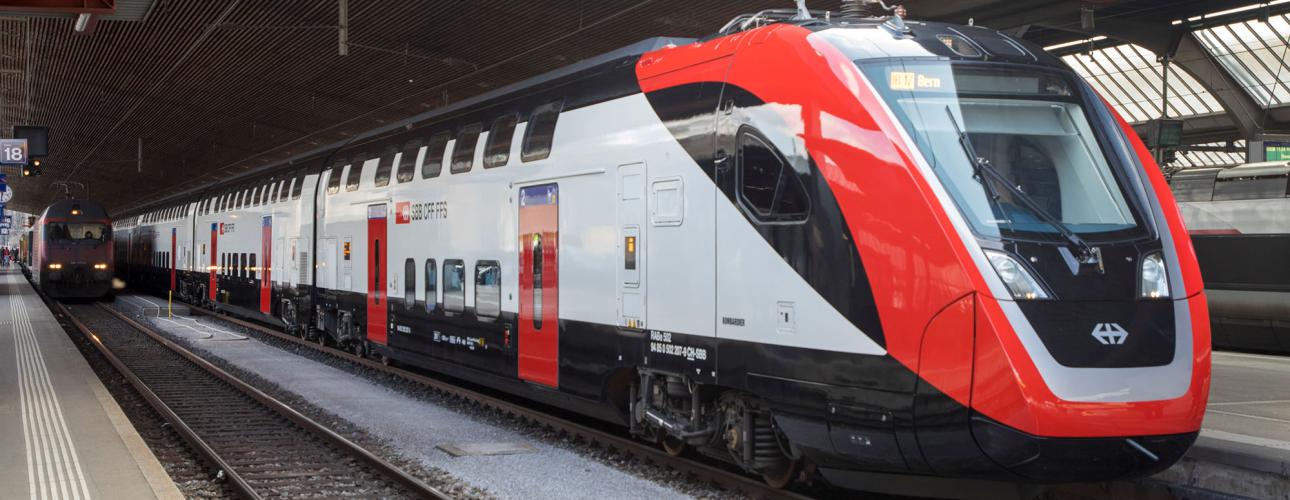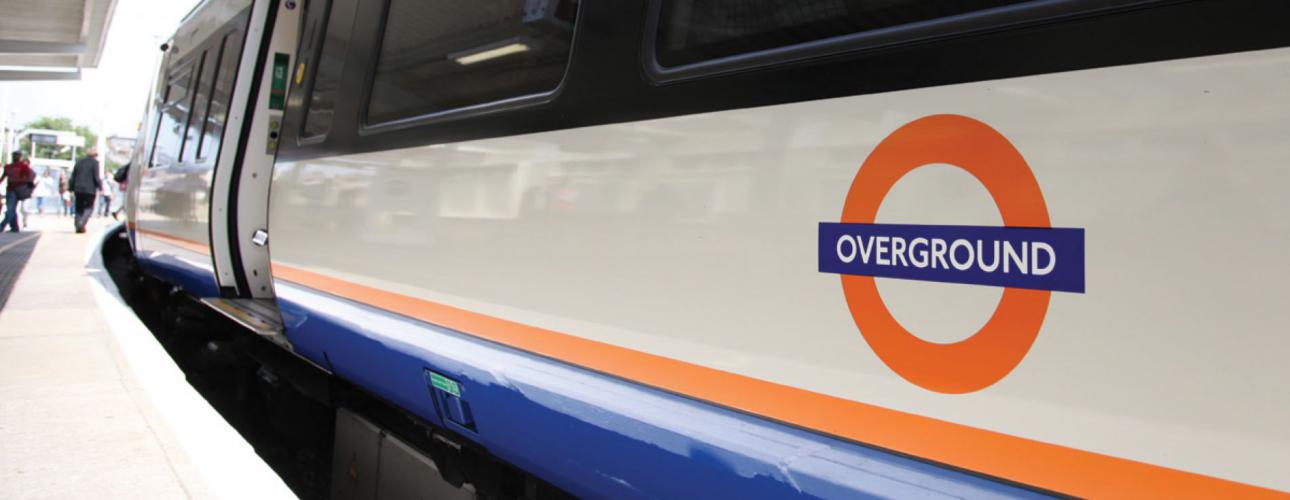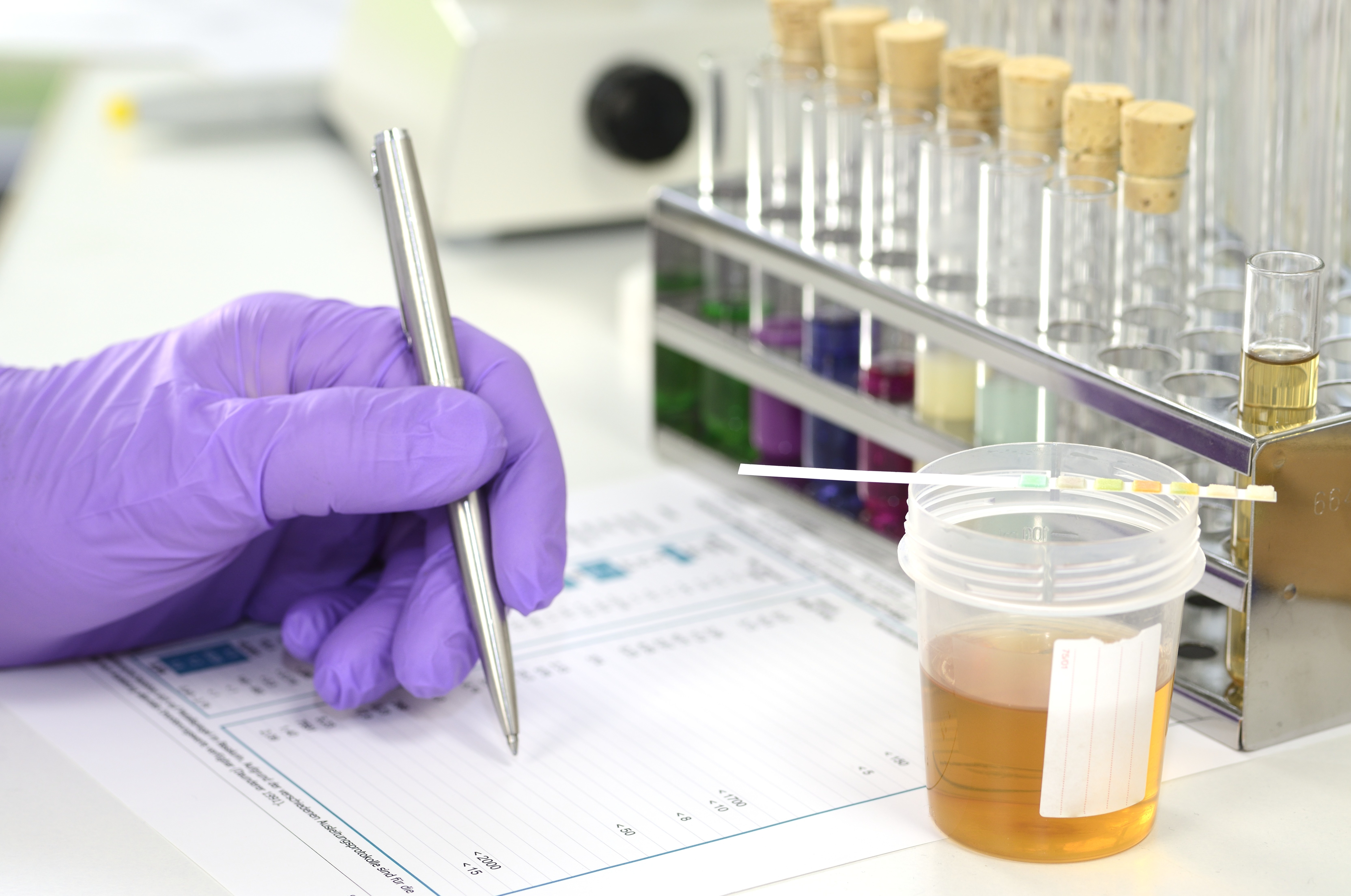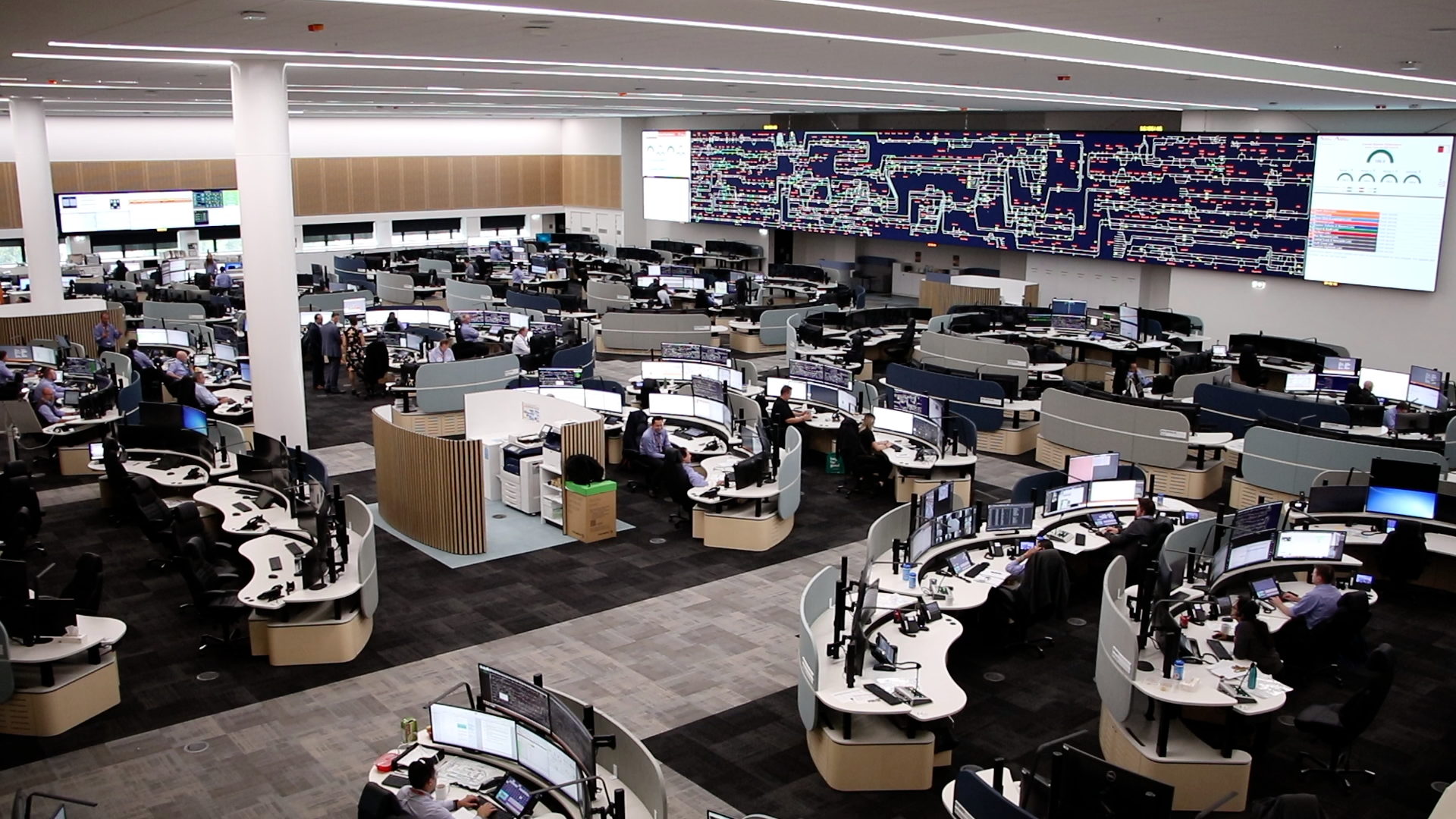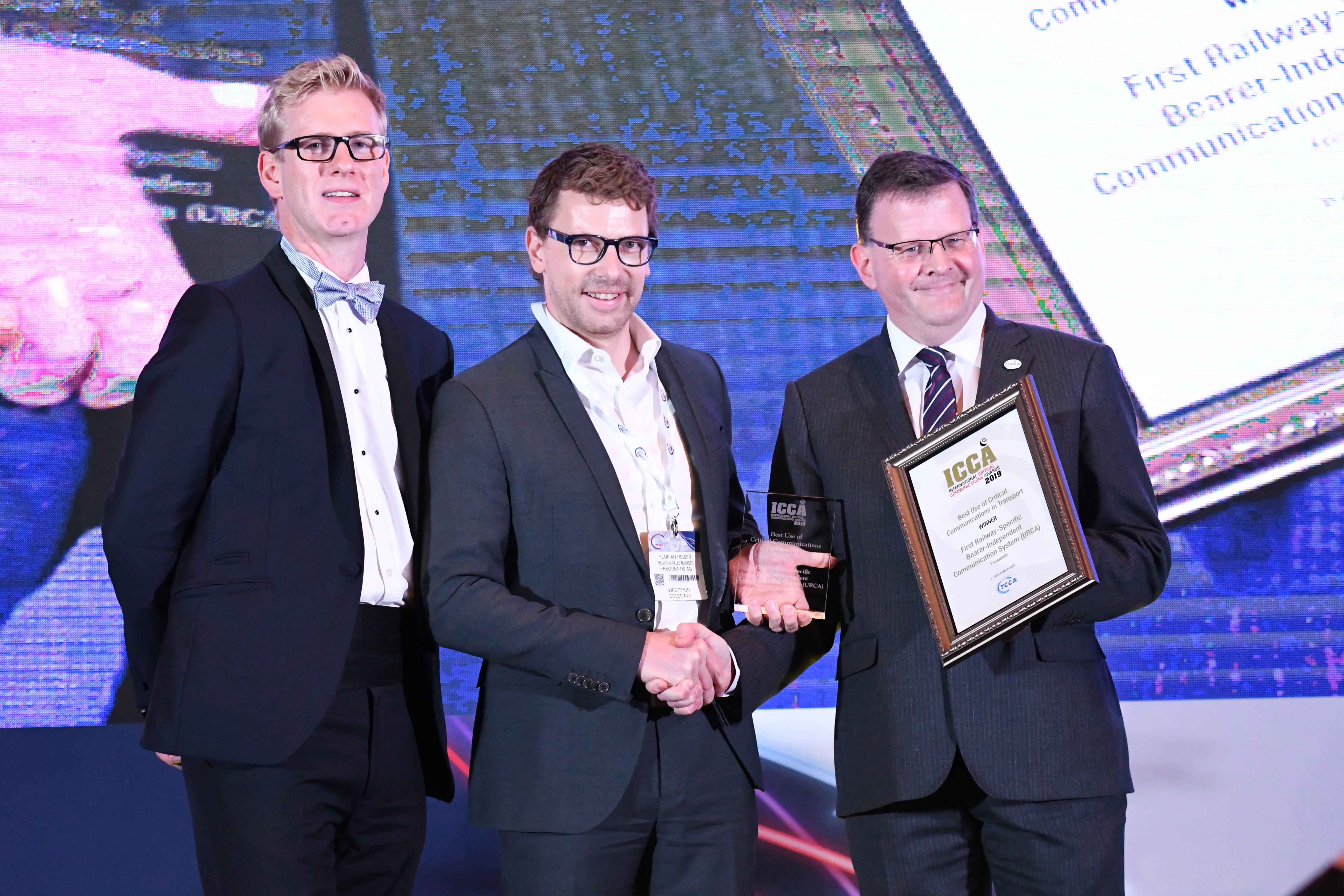The Austrian Research Promotion Agency (FFG) is funding the HARMONY project to explore the use of artificial intelligence (AI) to detect irregularities on railway tracks.
The project, run by Mission Embedded, Frequentis, and the Institute of Computer Technology at the Vienna University of Technology, will investigate the use of an innovative track monitoring system that uses sensors and AI to detect anomalies on the track infrastructure. This aims to prevent consequential damage at an early stage and avoid potential accidents.

The railway is the number one mode of transportation for tackling the climate crisis without restricting the mobility of people or goods. Safety and reliability play an important role in keeping passengers moving and are only upheld through the careful maintenance of the track infrastructure. Maintenance methods to date consist of frequent, surface checks by the rail operator’s staff and irregular, precise monitoring with cost-intensive measuring vehicles. However, this model is reaching its economic limits.
Intelligent Monitoring System for Track Infrastructure
The FFG project “HARMONY” (Human-Assisted Real-time MONitoring of infrastructure and obstacles from railwaY vehicles) is researching a more efficient and economical method for monitoring track infrastructure. The focus is on an intelligent system to be mounted on regular trains that uses sensors to scan the track infrastructure during normal operation as well as artificial intelligence to automatically detect and report anomalies on tracks, track beds, and switches. In this way, potential hazards such as track breaks, track damage, or vegetation growth are detected at an early stage. This also helps rail operators to make informed decisions on necessary maintenance work.
In addition to intelligent sensor data processing on the moving train, the HARMONY project also addresses human factors to increase end-to-end system security and user acceptance. A key element here is the development of the new role of the remote analyst, supporting the decision-making process remotely. This new role is also relevant for AI applications in other areas where intelligent machines are used.
With the Austrian Federal Ministry for Climate Action (BMK) as a funding body, this research project can offer a customised high-tech solution made in Austria for rail operators from all over the world.
Mission Embedded is one of the worldwide pioneers in the field of intelligent sensor and assistance systems for rail vehicles and has many years of experience and expertise in the areas of sensor integration, machine learning, automatic data processing, as well as safety and security for mission- critical applications. High-quality sensor data from several previous projects lay the foundation for the present project. As consortium leader and expert for highly reliable software and hardware, Mission Embedded is mainly responsible for the technical development of the project.
The Institute of Computer Technology (ICT) of the Vienna University of Technology contributes its long-standing research know-how, its extensive expertise in embedded systems, embedded machine learning, as well as sensor data analysis and makes an essential contribution to the technical development.
Frequentis – Control Room Consulting (CRC) contributes decades of experience in safety-critical environments with process analysis and information flow design and is responsible for maximising the end-to-end security of the overall system. Frequentis CRC also addresses user-specific challenges. Key issues such as user acceptance, visualisation of multi-sensor data, and ultimately the role definition of the remote analyst, are addressed accordingly by way of stakeholder analysis, information flow analysis, and human performance analysis, among others.
This research project is a great example of disruptive innovation – innovation that does not build on existing processes – through automation and artificial intelligence. In order to prepare for the transition in a meaningful and safe way, the current and future situation must be evaluated in depth.
The results of this challenging research project will provide a solid basis for monitoring the track infrastructure more seamlessly and cost-effectively, thus enabling even safer and more reliable rail operations.
This article was originally published by Frequenits.


